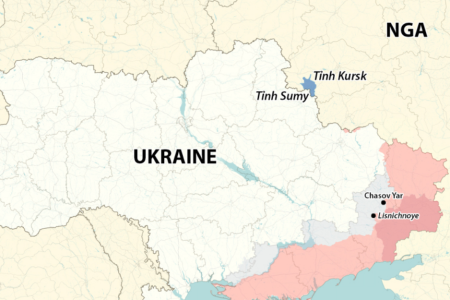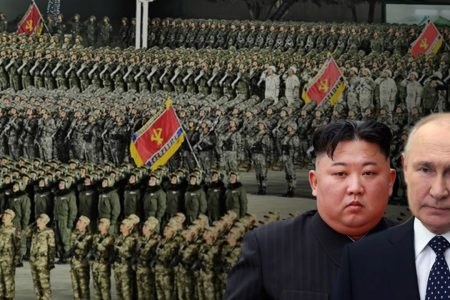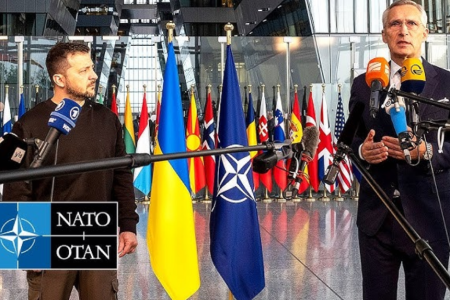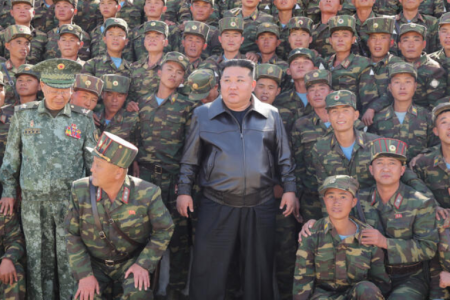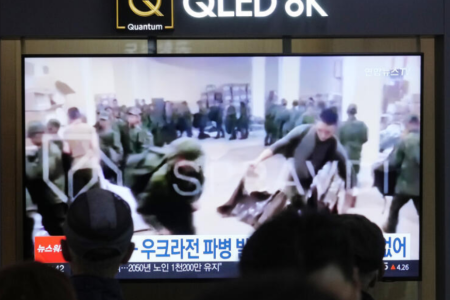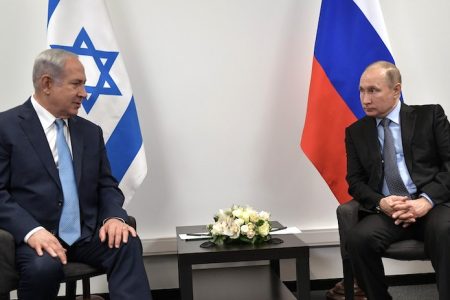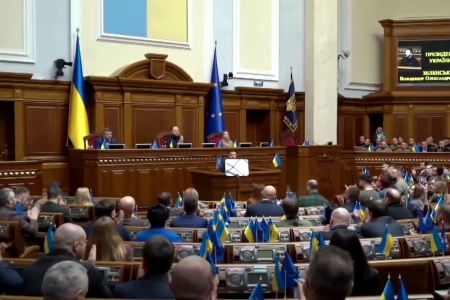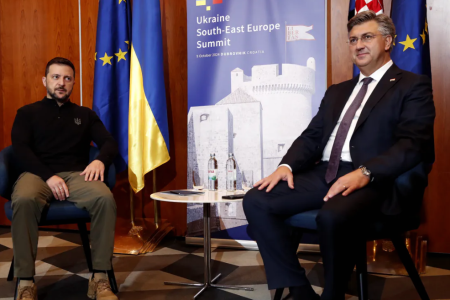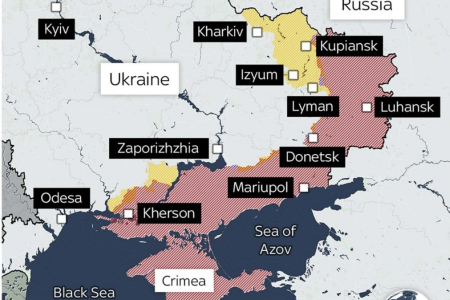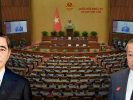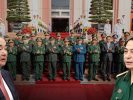
News agencies from the US, the UK, France, to major newspapers around the world all reported on the passing of Zen Master Thich Nhat Hanh and emphasized his role in spreading mindfulness to the West as well as his anti-war role in the Vietnam War – which cost him the ban from both the Republic of Vietnam and Communist governments.
In his message of condolence, the Dalai Lama wrote: “I am saddened to hear that my friend and brother in the Dharma, Most Venerable Thich Nhat Hanh, has passed away. I extend my condolences to his disciples in Vietnam and around the world.
With his peaceful opposition to the Vietnam War, his support for Martin Luther King, and above all his enthusiasm in conveying to people not only how mindfulness and compassion help bring peace and happiness but also how each individual cultivates peace of mind and body can contribute to real peace in the world, the Venerable Master lived a truly meaningful life.”
The website of the US Embassy in Hanoi posted a statement by Ms. Marie Damour, Charge d’Affaires, US Diplomatic Mission to Vietnam, about the passing of Zen Master Thich Nhat Hanh. “For more than 60 years, Zen Master Thich Nhat Hanh has been a beloved teacher, spiritual leader, and tireless fighter for peace in his country and around the world. His teachings, especially introducing mindfulness into everyday life, have enriched the lives of countless Americans.
Many US officials, including Assistant Secretary of State for East Asia and the Pacific Daniel Kritenbrink, were honored to meet Zen Master Thich Nhat Hanh. His compassion and enthusiasm for religious pluralism left a deep impression on those who met him. Zen Master Thich Nhat Hanh will be remembered as one of the most prominent and influential religious leaders in the world. Through his teachings and poetic works, his legacy will live on for generations to come.”
US Senator Mazie Hirono, representing the state of Hawaii, wrote on Twitter: “I had the honor of meeting Zen Master Thich Nhat Hanh in Vietnam in 2019. His teachings on Compassion and Mindfulness will continue to illuminate the world. May he rest in peace.
The Twitter account of the Martin Luther King Junior Center posted a photo of the famous American civil rights activist sitting next to Zen Master Thich Nhat Hanh with the words: “We celebrate the human life and influence of Zen master Thich Nhat Hanh, an ally of Pastor King, died on Saturday. This is a photo of the two of them at a press conference in Chicago in 1966. Martin Luther King nominated Zen Master for the Nobel Peace Prize the following year.”
Martin Luther King’s daughter Bernice King also posted on Twitter a photo of her father with Zen Master Thich Nhat Hanh and wrote: “My father and his friend and ally, Thich Nhat Hanh, passed away in this week. I honor his life and global influence for peace.”
The American news agency AP ran a lengthy story that reviewed Zen master Thich Nhat Hanh’s life and career, calling him “the revered Zen master who helped uncover the concept of Mindfulness in the West and engaged Buddhism in the Eastern.”
AP quoted Zen Master Thich Nhat Hanh’s confession to Pastor Martin Luther King about the self-immolation of Southern Buddhist monks and nuns against the government of President Ngo Dinh Diem: “I said that it was not self-immolation because, in a difficult situation like in Vietnam, it is very difficult to raise a voice. So sometimes we have to burn ourselves to make our voices heard, so doing so is an act of compassion, an act of love, not an act of despair.”
This news agency quoted a Thai scholar named Sulak Sivaraksa as commenting that in Vietnamese society in the 1950s and 1960s there was “chaotic and crisis” so “the Zen master was in a difficult situation – magic on one side and the deep sea on the other – Communists on the other, CIA on the other. In that situation, he was very honest as an activist, a meditative monk, a poet, and a clear writer.
“According to Zen master Thich Nhat Hanh, Buddhism means being awake – being aware of what is happening in the body, mind, and world around. If you are awake, there is nothing you can do but act lovingly to help ease the pain you see around you,” added Sulak Sivaraksa.
The news agency noted that both the North Vietnamese government, after 1975, and the Republic of Vietnam, in 1966, banned Zen Master from returning home, making him a “nest losing bird.”
Recalling Zen master’s anti-war activities, British news agency Reuters quoted him as writing in 1975: “I have seen communist and anti-communist troops shoot and kill each other just because each side believes that they hold the truth.”
“My voice was drowned out by bombs, mortars, and screams.”
Reuters quoted the Korean monk Haenim Sunim, who worked as an interpreter for the Zen master when he visited South Korea, describing him as “calm, focused and compassionate.”
“He was like a big pine tree to shelter many people under the trees with his wonderful teachings on Mindfulness and Compassion. He is one of the most amazing people I have ever met.”
According to Reuters, in the context of the world being shaken by the COVID-19 pandemic, Zen Master Thich Nhat Hanh’s concept of Mindfulness and Meditation has gained a new attraction. The news agency quoted the Zen master as saying: “If we believe that tomorrow will be better, we will be able to endure today’s sufferings.”
The French news agency AFP reiterated that it was because of anti-war that Zen master Thich Nhat Hanh had to live in exile in France for nearly 40 years. Until the war ended in 1975, he helped his compatriots across the sea to find asylum. “The Zen master Thich Nhat Hanh has saved over 800 boat people after he chartered two large ships,” AFP wrote.
That action was part of the concept of “engagement Buddhism” that he created because he believed that “it is not enough to sit on the couch to meditate” and this concept “became the cornerstone of his practice. various schools of modern Buddhism.”
This news agency quoted Professor Anjali Vats, who teaches at the Faculty of Law, University of Pittsburgh, USA, that Zen master Thich Nhat Hanh had a profound influence on her life and helped her “become what she is today.”
In its newsletter on Thich Nhat Hanh’s death, the New York Times described him as “one of the world’s most influential Zen masters, spreading the message of mindfulness, compassion, and non-violence, a prolific writer, poet, teacher, and peace activist.”
This newspaper quoted what he once wrote: “Birth and death are just concepts. They don’t really exist. The Buddha taught that there is no birth, no death, no coming, no going… no permanent ego – that’s just how we think. If we understand that, then we will no longer be afraid and can enjoy life.”
According to the New York Times, after 1975, he continued his anti-war attitude. In a lecture in Hanoi in 2008, he said of the Iraq war: “We know that planes and guns cannot eliminate wrong thinking. Only loving speech and empathetic listening can help people correct mistakes. But leaders are not taught like that, they rely solely on military power to eradicate terrorism.”
The newspaper recalled that in 2013 he was invited by the technology giant Google to their headquarters in Silicon Valley to give a lecture. He then brought the message of quiet contemplation to the forefront of the technological era.
“We have a feeling that we are overwhelmed with information,” he told Googlers. “We don’t need that much information.”
And he said: “Don’t look for solutions with a thinking head. Not thinking is the key to success. That is why the times when we are not working can be very productive if we know how to live in the moment.”
The British media outlet BBC reports that Zen master Thich Nhat Hanh is often referred to as the “father of mindfulness.”
The BBC notes that he has written over 100 books that have been translated into more than 40 languages, and his latest book was published in October 2021.
One of France’s leading daily newspapers, Le Figaro, calls Zen Master Thich Nhat Hanh “one of the most influential monks in the world.” The newspaper claims that it was thanks to 40 years of exile that he was able to popularize the concept of “Mindfulness” to the Western world and it has attracted stars such as Oprah Winfrey or Gwyneth Paltrow. and has to influence over many tech executives in Silicon Valley.
French Radio International RFI has a report by correspondent Frédéric Noir from Ho Chi Minh City titled “Vietnam mourns the passing of influential Venerable Thich Nhat Hanh.”
The station interviewed a resident in Ho Chi Minh City and a resident in Hanoi. These two both expressed their grief over the death of the Zen master, arguing that he represented universal values such as humility, generosity, and empathy and that by following him they have gained peaceful and happy life.
Thoibao.de (Translated)



